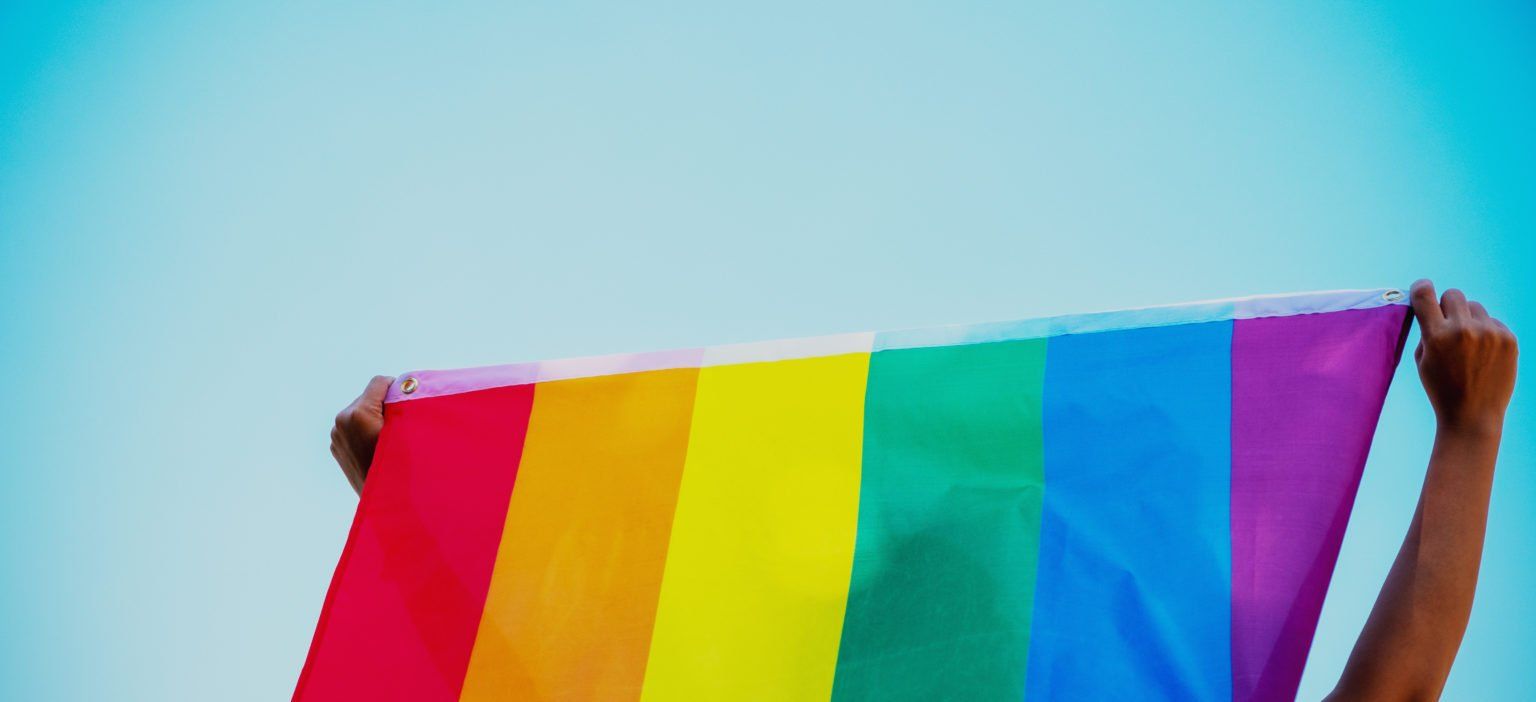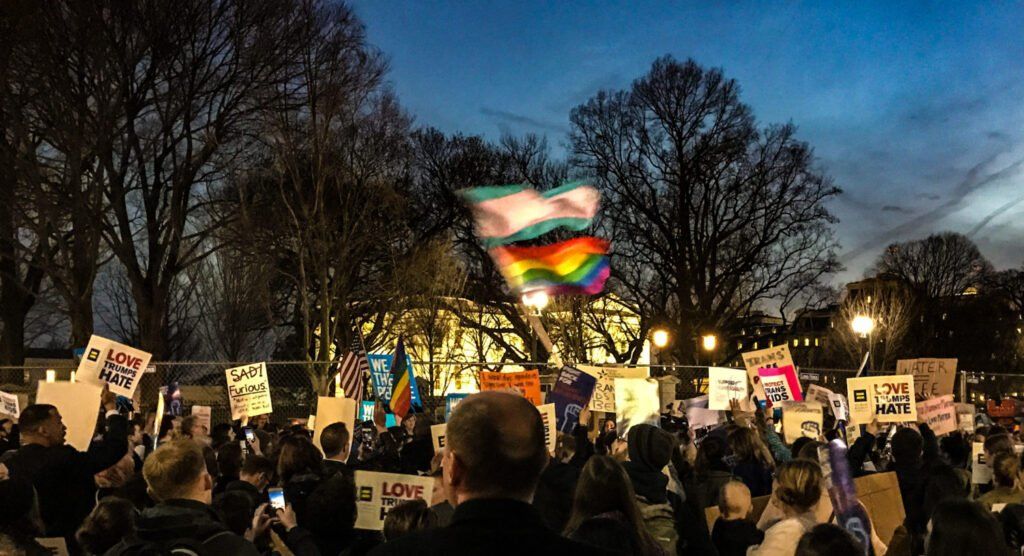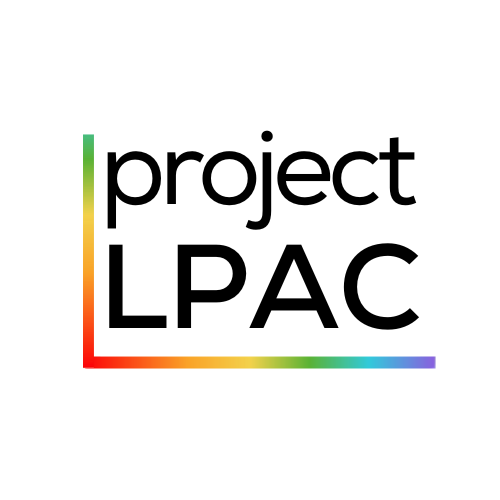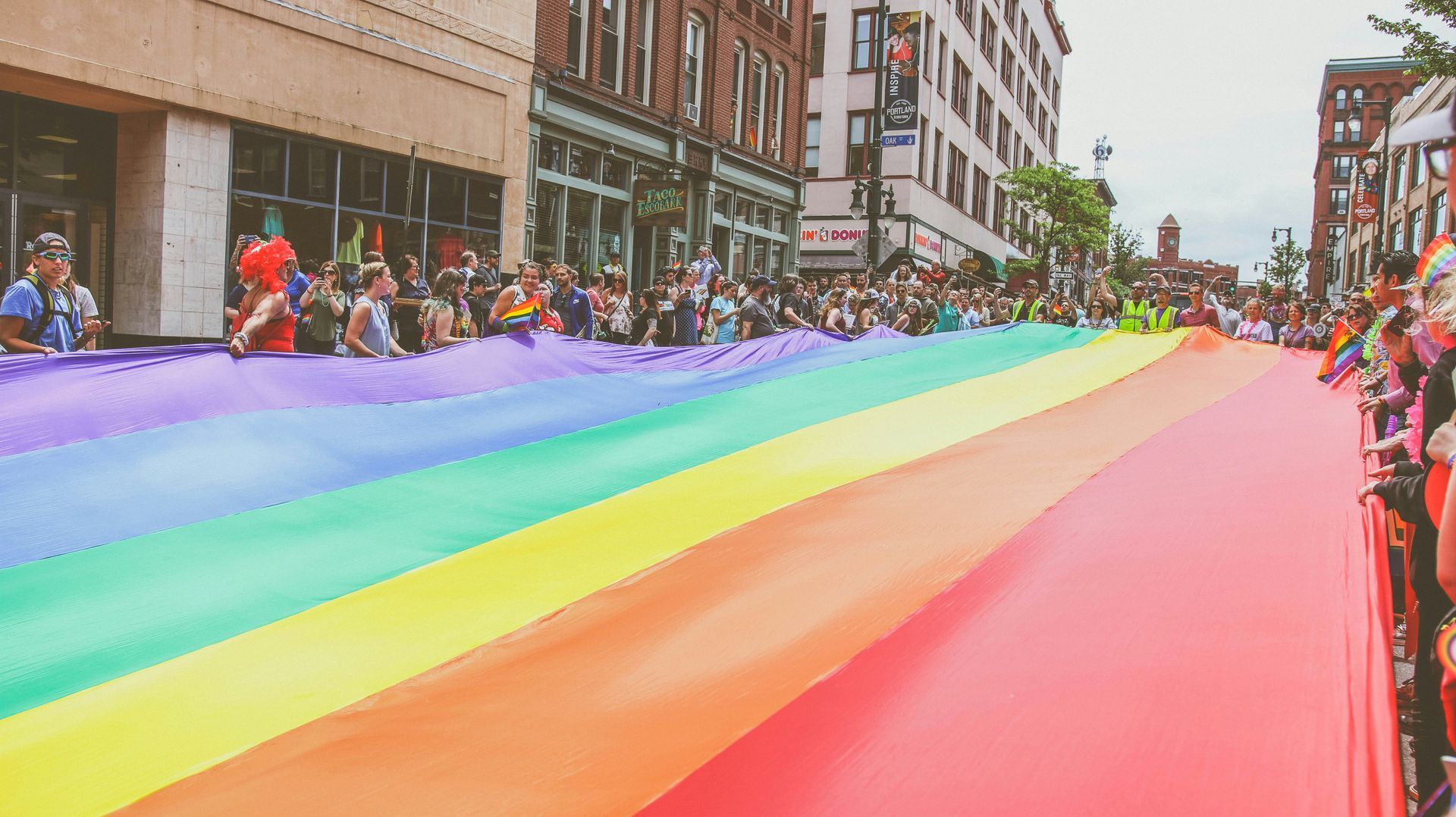Project LPAC Research finds differences between LGBTQ and straight women voters
Washington, D.C. (January 20, 2020) New research from Project LPAC shows that LGBTQ and straight women differ in their voting habits and their beliefs, findings that have implications for how candidates strategize and campaign during the remainder of the 2020 election cycle.
Typically lumped with either LGBTQ men or with women, the new data shows that the country's estimated 6.4-million voting-aged LGBTQ women are a unique political demographic – and that candidates will reap disproportionate benefits at the polls by addressing their concerns.
Survey findings include:
- LBGTQ women are more Democratic than straight women by an 18-point margin (64% to 45% among straight women). Looked at the opposite way, straight women are more Republican by 21 points (35% to 13% among LGBTQ women).
- Straight women are 22% more likely to have voted for Donald Trump in 2016 – only 11% of LGBTQ women say they voted for Trump while a third of straight women did. Over half of LGBTQ women voted for Hillary Clinton in 2016 (52%).
- Nearly a quarter (24%) of LGBTQ women did not vote in 2016 compared to 17% of straight women who didn’t vote in 2016. (LGBTQ women also voted in lower percentages than LGBTQ men, which is interesting since they are disproportionately passionate about issues that concern them. This shows that campaigning to LGBTQ women could reap disproportionate dividends at the voting booth.)
- LGBTQ women are more likely to be concerned about the environment and climate change (+14), and abortion access (+6) than straight women.
- There are significant differences between LGBTQ women and straight women when it comes to concerns about bias against LGBTQ people: Half (51%) of LGBTQ women are very concerned about bias against LGBQ people in the United States compared to only 22% of straight women. Straight women are net unconcerned by an 8-point margin, and LGBTQ women are net concerned by a 73-point margin.
- For concerns about trans bias, those numbers become 59%: LGBTQ women very concerned, by a 67-point margin, while straight women remain net unconcerned, by a 3-point margin.
“Encouraging more LGBTQ women to vote this election cycle could literally be the difference between a win or a loss for a number of progressive candidates,” said Stephanie Sandberg, Project LPAC’s executive director. “The stakes couldn’t be higher for the future of our democracy – when candidates think about how to tailor their message, don’t forget to speak to this important segment of the electorate.”
The survey was conducted by Lake Research Partners (LRP) August 21-27, 2019. The total sample size was 1501 and has a margin of error of +/-3.1%.


Project LPAC is a fiscally sponsored project of Social Good Fund, a California nonprofit corporation and registered 501(c)(3) organization, Tax ID (EIN) 46-1323531.
Project LPAC | All Rights Reserved |
Created by Olive + Ash.
Managed by Olive Street Design.


